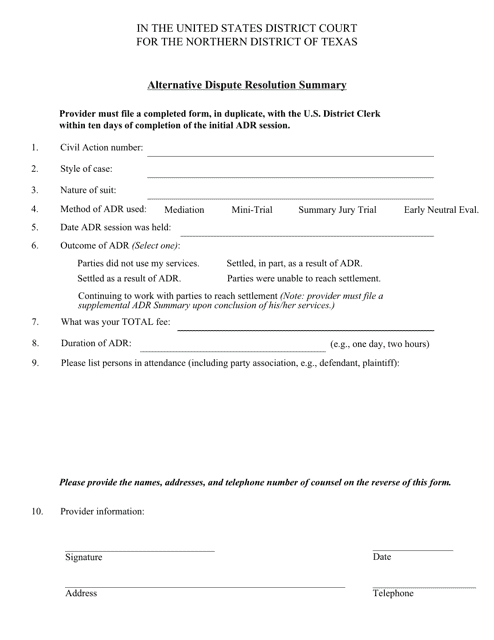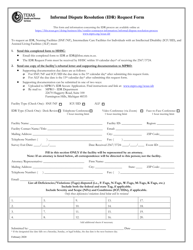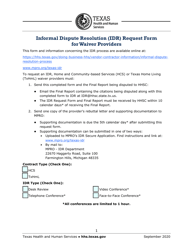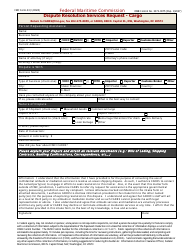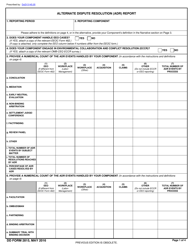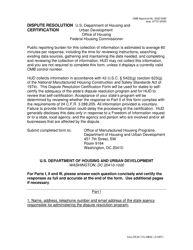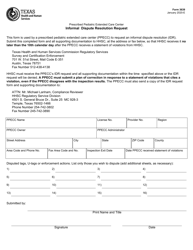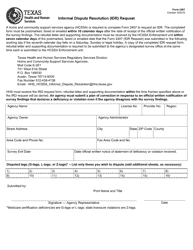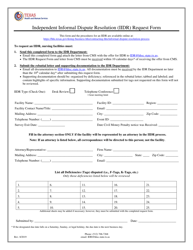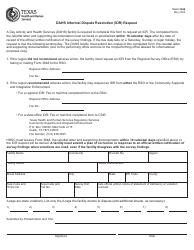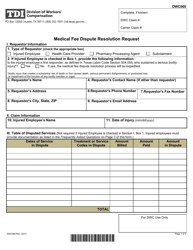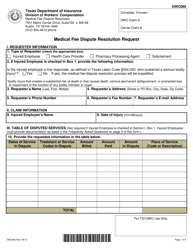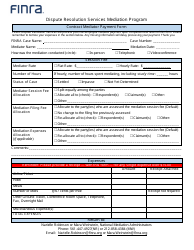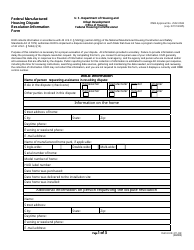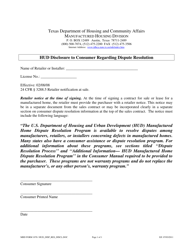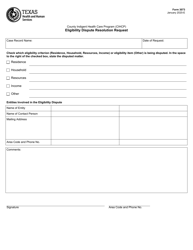Alternative Dispute Resolution Summary - Texas
Alternative Dispute Resolution Summary is a legal document that was released by the United States District Court for the Northern District of Texas - a government authority operating within Texas.
FAQ
Q: What is Alternative Dispute Resolution?
A: Alternative Dispute Resolution (ADR) is a set of methods used to resolve legal disputes outside of the traditional court system.
Q: What are the common types of ADR?
A: The common types of ADR include mediation, arbitration, and negotiation.
Q: How does mediation work?
A: In mediation, a neutral third party helps the parties in dispute come to a voluntary agreement.
Q: What is arbitration?
A: Arbitration is a process where a neutral third party makes a binding decision on the dispute.
Q: What is negotiation?
A: Negotiation is a process of discussion and compromise between the parties in dispute to reach a mutually acceptable resolution.
Q: Is ADR legally enforceable?
A: Yes, in most cases, the agreement reached through ADR is legally enforceable.
Q: What are the benefits of ADR?
A: ADR can save time and money, maintain privacy, and provide more control over the outcome for the parties involved.
Q: When is ADR used?
A: ADR can be used for various types of disputes, including family matters, business disputes, and personal injury claims.
Q: Is ADR mandatory in Texas?
A: In some cases, ADR may be mandatory in Texas, depending on the type of dispute and the court rules.
Form Details:
- The latest edition currently provided by the United States District Court for the Northern District of Texas;
- Ready to use and print;
- Easy to customize;
- Compatible with most PDF-viewing applications;
- Fill out the form in our online filing application.
Download a fillable version of the form by clicking the link below or browse more documents and templates provided by the United States District Court for the Northern District of Texas.
